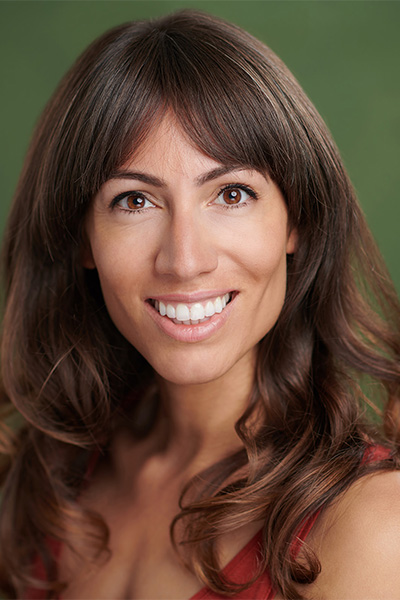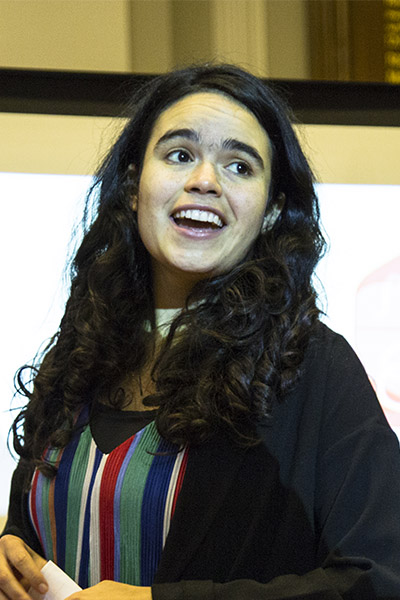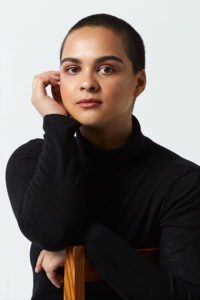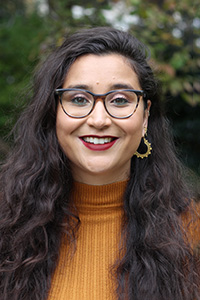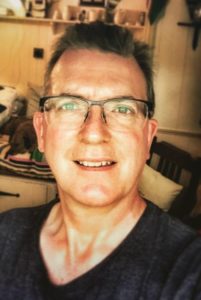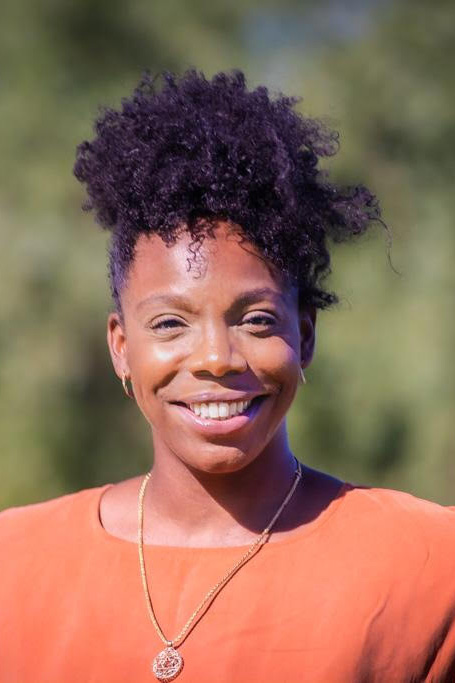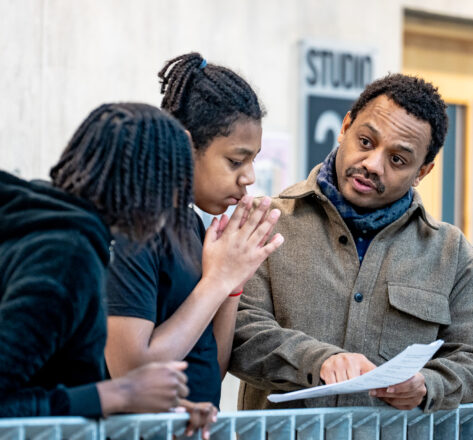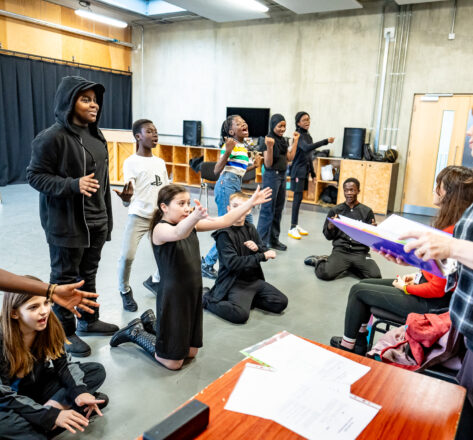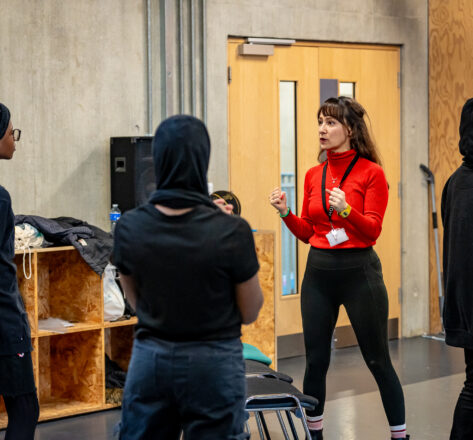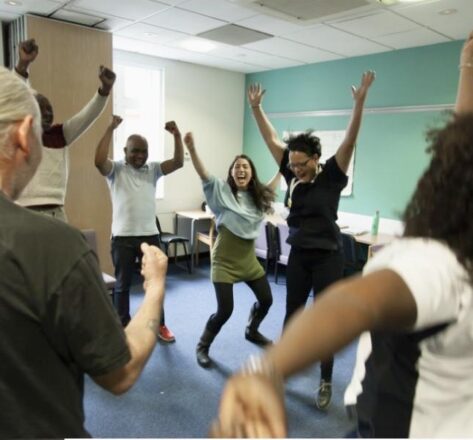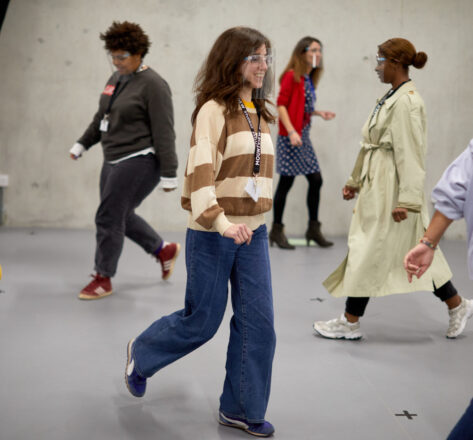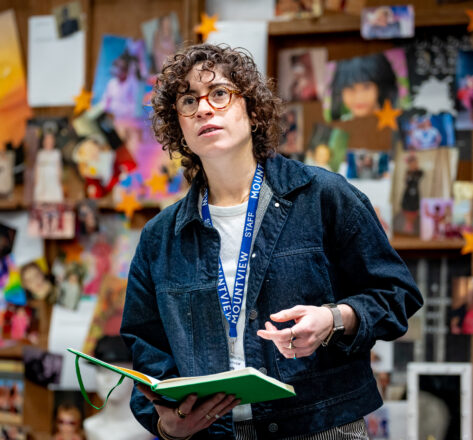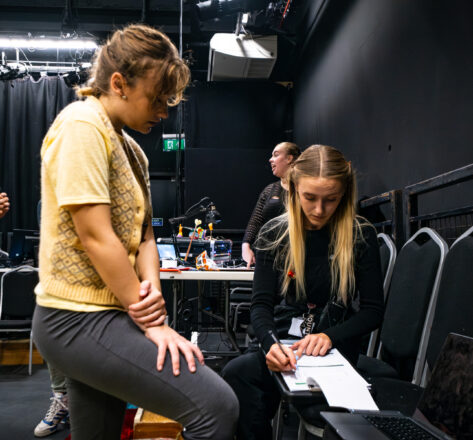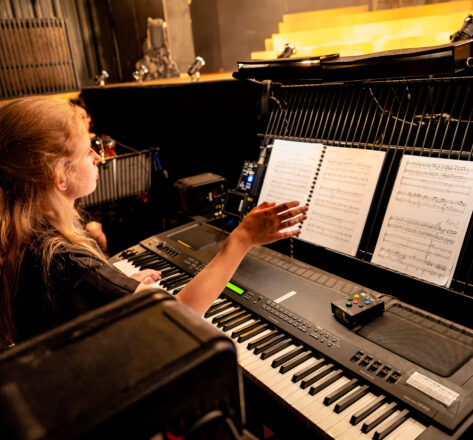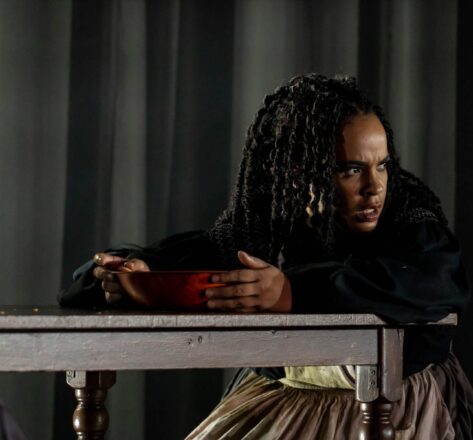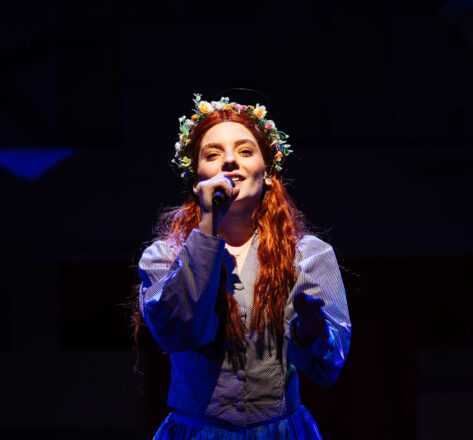There is one day of in-person teaching each week, with one additional Friday and Saturday each term.
Throughout the course students develop skills in critical thinking, facilitating, devising, leading, producing, discussing and teaching creatively and imaginatively. Study involves workshops, lectures and seminars as well as independent collaborative and solo practice/research. Students are assigned weekly reading materials to digest course themes and engage in learning through independent study.
Reciprocal and collaborative learning is embedded into course practice. Students are provided with opportunities to design and lead practical workshops for one another, to bring topics for facilitated discussion with their Course Leader and to choose areas of focus for specific assessments, based on their interests and experiences.
Students engage in a wide range of texts such as Theatre of the Oppressed by Augusto Boal, Teaching to Transgress: Education as the Practice of Freedom by bell hooks and Theatre for Living: The Art and Science of Community-Based Dialogue by David Diamond.
Assessments are varied and include essays, talks, education packs, presentations, and workshop samples.
